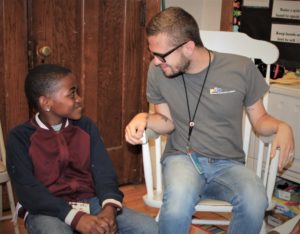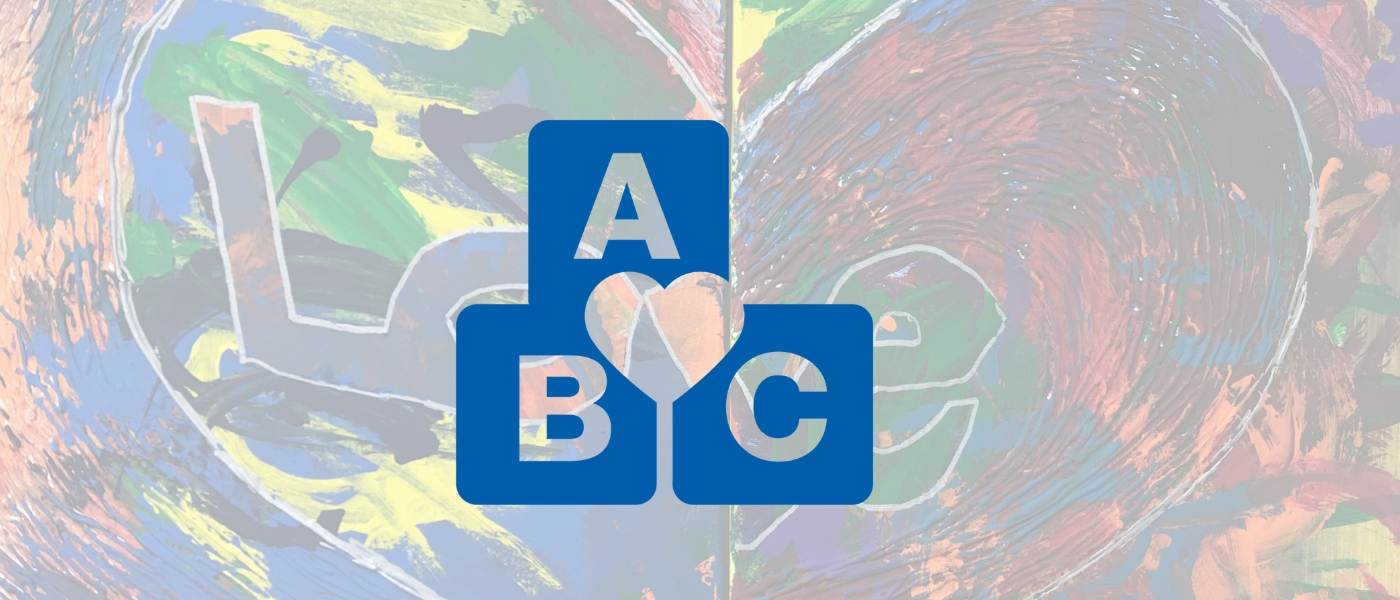Every interaction – even the most challenging– can be a teachable moment for a child, and it’s our job as educators and caregivers to give young learners the tools they need to manage and communicate their feelings.
But first, we need a toolbox of our own.
Enter Conscious Discipline, a comprehensive social-emotional learning program developed by Dr. Becky Bailey that enables educators to spend less time policing behavior and more time teaching life skills. At its core, Conscious Discipline allows teachers, caregivers to first notice and foster their own emotional intelligence so they can ultimately guide children toward responsible decision-making and behavior.
“Conscious Discipline is a mindset,” said Dr. Mary Bonamer, a PEP clinical services coordinator who holds a Ph.D. in clinical and school psychology from Hofstra University in New York. “Many adults view conflict as something they want to immediately stop. Conscious Discipline allows us to use those difficult moments as teaching opportunities.”
Last year, Bonamer led an effort to train all PEP staff working in the agency’s traditional K-4 classrooms in PEP Day Treatment Centers the proper use of Conscious Discipline – and the results have been encouraging.
In those PEP classrooms, students – all of whom have deep mental health and behavioral challenges – are increasingly able to express and manage their emotions. Students are using “safe spaces” in their classrooms where they practice the skill of composure. They can identify actions as being hurtful to others in their classroom and – with guidance – can discern alternative actions that are helpful. Importantly, the number of times staff physically intervened decreased 38% compared to the prior year in the same classrooms.
“Conscious Discipline has become an essential tool that helps leverage teachable moments” said Steve Gerlach, a veteran PEP associate teacher-counselor at PEP Hopewell. “I have been amazed by how these concepts help children practice empathy, giving them the tools to cope and to help their peers cope.”
“Our staff views behavior differently,” Bonamer said. “They are validating kids’ feelings and modeling appropriate and socially acceptable ways to work through challenging situations. It’s not our job to tell children they shouldn’t be mad about certain situations. We need to communicate that it’s OK to be frustrated, but there are constructive and more appropriate ways to share those feelings.”

While this is the first formalized introduction of Conscious Discipline to PEP’s elementary classrooms, the agency has championed the philosophy for more than a decade, particularly in the early childhood realm.
For many years PEP provided center-based services for preschool-aged learners where all staff was thoroughly trained in Conscious Discipline. Today, PEP’s collection of early childhood services – known as PEP Early Childhood Plus – provides consultation, training and support for parents, teachers and caregivers with strategies and skills informed by Conscious Discipline.
For more information and resources about Conscious Discipline, click HERE
